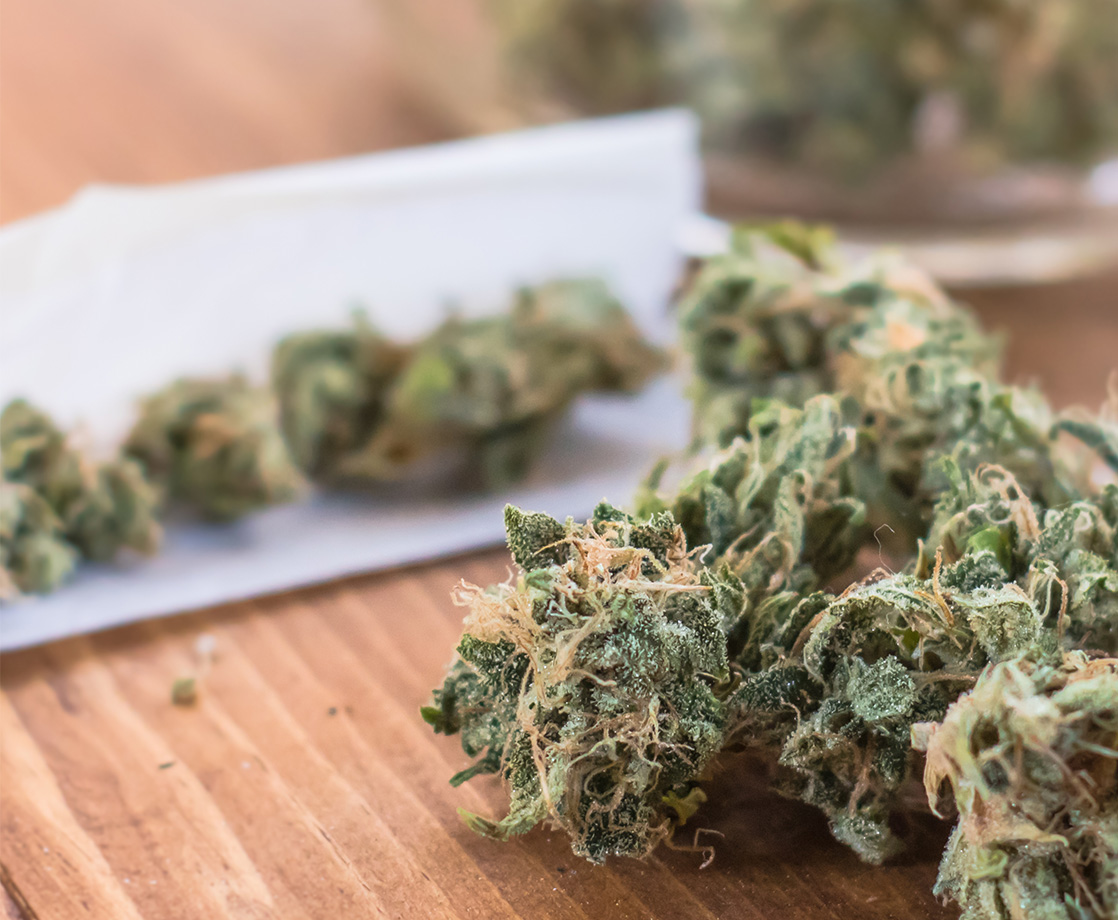Last week, White House press secretary Sean Spicer attributed the opioid epidemic currently plaguing the country to the use of legal marijuana. However, actual scientific research shows that marijuana use may help cut down on opioid use, not increase it.
A 2016 study conducted by the Johns Hopkins Bloomberg School of Public Health found that states with legal medical marijuana had 25 percent fewer opioid-related deaths than states that still prohibit medical marijuana. Another study, published in Health Affairs, found that prescriptions for often-abused opioids dropped significantly in states with medical marijuana.
Last December, the New York Health Department approved medical marijuana treatment for some patients suffering from chronic pain. Doctors are also hopeful that the new treatment will allow some of these patients to wean themselves off of addictive and dangerous opioid medications. “There is no doubt marijuana is much safer than opiates," said Jane Ballantyne, a pain specialist at the University of Washington and president of Physicians for Responsible Opioid Prescribing. "So we don’t discourage its use.”
This January, the National Academies of Sciences, Engineering, and Medicine released a review of over 10,000 medical marijuana studies published since 1999. The review found substantial evidence that supports the use of medical marijuana to treat chronic pain, but the study also recommended further research into both positive and negative effects of long-term marijuana use. Research is of course unfortunately hampered by the ongoing federal prohibition of pot, which makes research expensive and difficult.











